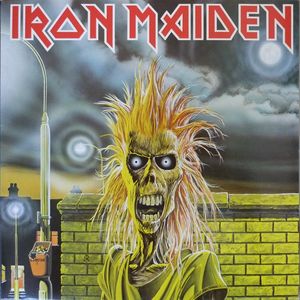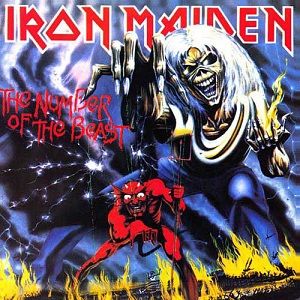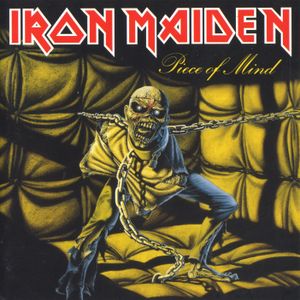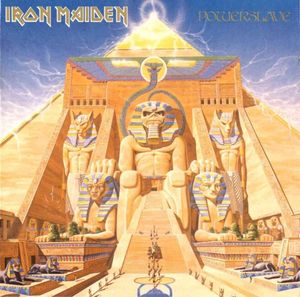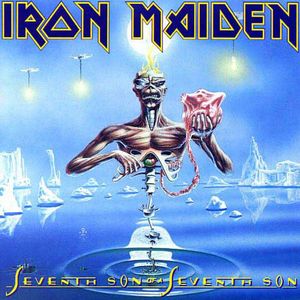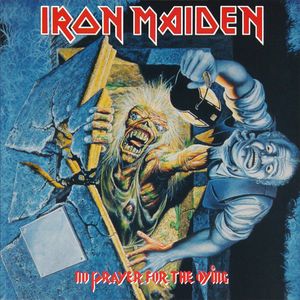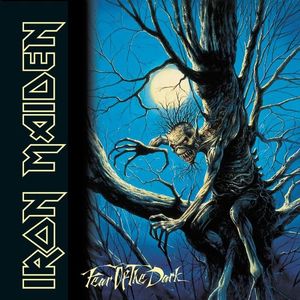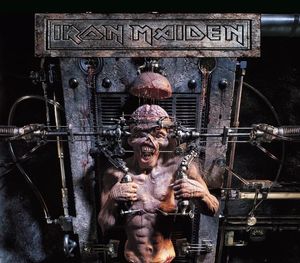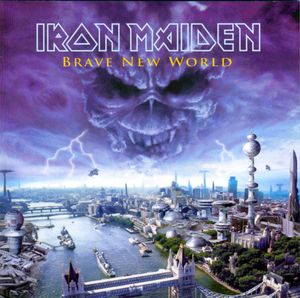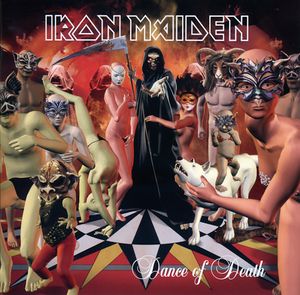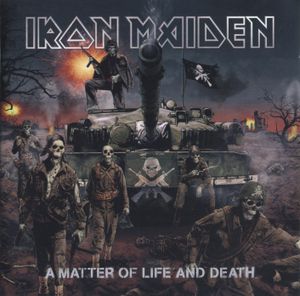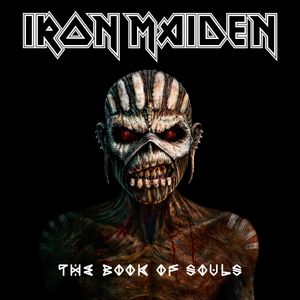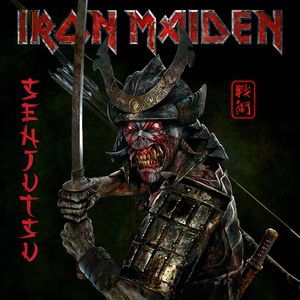

Iron Maiden
Follow Your Favorite Band Today!
Top Iron Maiden Community Posts
Story of Iron Maiden
Iron Maiden: A Heavy Metal Legacy
Born in the crucible of Leyton, East London in 1975, Iron Maiden emerged as a force to be reckoned with, spearheaded by bassist and songwriting maestro Steve Harris. While their early lineup saw some shifts, the core of the band, consisting of Harris, lead vocalist Bruce Dickinson, drummer Nicko McBrain, and guitarists Dave Murray, Adrian Smith, and Janick Gers, has defined their sound for generations.
Iron Maiden were pioneers of the New Wave of British Heavy Metal (NWOBHM), a movement that shook the world of rock with its raw energy and aggression. Their early albums, including their 1980 debut and 1981's Killers, established their sonic blueprint, but it was 1982's The Number of the Beast, their first album with Bruce Dickinson, that truly catapulted them to legendary status. Dickinson's powerful vocals and theatrical stage presence ignited a firestorm, solidifying Iron Maiden's place as one of heavy metal's most influential bands.
The Number of the Beast became a cornerstone of the heavy metal canon, selling nearly 20 million copies worldwide. It was the catalyst for a string of platinum and gold albums, cementing Iron Maiden's position as a global phenomenon.
Despite internal turbulence in the 1990s, the band's resurgence in 1999, marked by Dickinson's return alongside guitarist Adrian Smith, signaled a new era of triumph. A slew of critically acclaimed albums and massive tours re-energized their fan base, proving that Iron Maiden's power was undiminished.
Their most recent albums – The Final Frontier (2010), The Book of Souls (2015), and Senjutsu (2021) – have all reached the top of the charts in over 25 countries, a testament to their enduring global appeal.
With over 130 million albums sold and 600 certifications worldwide, Iron Maiden have left an undeniable imprint on the world of rock. They are not just a band; they are a cultural icon, a force that has inspired countless musicians and continues to enthrall generations of fans. Their influence is immeasurable, and their place in the Rock and Roll Hall of Fame, alongside a plethora of industry awards, including Grammys and Brit Awards, is a testament to their enduring legacy. Iron Maiden is not simply a band; they are a testament to the enduring power of heavy metal.
Frequently Asked Questions
Bands you may like
More Heavy Metal Bands
Discover more bands in the Heavy Metal genre and explore the diverse sounds that define this musical style.
Browse All Heavy Metal BandsMore Bands from United Kingdom
Discover the rich musical heritage of United Kingdom and explore bands that represent the country's unique sound and culture.
Browse All United Kingdom Bands
